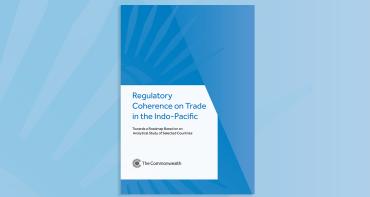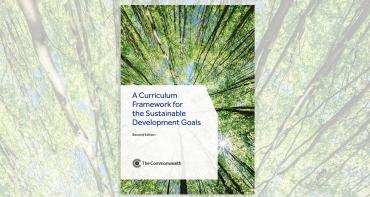Some of the Commonwealth’s poorest members are set to receive additional support related to their transition as they graduate from the UN’s Least Developed Countries (LDC) list of countries.

Some of the Commonwealth’s poorest members are set to receive additional support related to their transition as they graduate from the UN’s Least Developed Countries (LDC) list of countries.
LDC status is defined by three factors, namely extreme poverty, limited human resources and massive economic vulnerability. That definition effectively gives members claim to being the poorest nations in the world. However, since the category was created in 1971, only five countries have ever graduated from it – Botswana, Cape Verde, Maldives, Samoa and Equatorial Guinea.
At the launch of the UN’s latest report The Least Developed Countries Report 2017: Transformational Energy Access on Wednesday at Marlborough House, London, Commonwealth Deputy Secretary General Josephine Ojiambo will announce a new ‘kick-starter’ project aimed at addressing gaps in the international support architecture to effectively enable preparation for more sustainable graduation trajectory.
She said: “With 13 Commonwealth countries included on this latest report, the need for our support, guidance and advice is critical to ensure their economic development. The project launched today will go some way to ensure the appalling run rate of one country graduating on average every 10 years is significantly improved.”
The benefits of graduation from LDC status are questionable because countries then lose international support measures, such as tariff preferences, which may lead to a reduction in competitiveness compared to other countries, because of the increased cost of trade.
The Commonwealth Secretariat believes LDCs need particular support as they begin their transition process towards graduation. In order to facilitate this process and to relay some of the fears related to the graduation processes, recently the Commonwealth Secretariat contributed to the scoping exercise undertaken by the UN CDP to develop a new online platform embedded within National Ministries to guide the transition from LDC status. Working with UNCTAD, research within the Secretariat has begun to explore the relationship between aid for trade resources at the sectoral level and the likelihood of graduation.
At the core of the Commonwealth Secretariat’s kick-starter project, in addition to robust trade impact assessments, is effective debt management as part of the transition from public to private finance, with a focus on energy and infrastructure. As the new UNCTAD report makes clear, access to electricity is still a major issue for all of the LDCs, which clearly has implications for innovation, manufacturing and economic development, more broadly.
Commonwealth LDCs include Bangladesh, Kiribati, Lesotho, Malawi, Mozambique, Rwanda, Sierra Leone, Solomon Islands, Tuvalu, Uganda, Tanzania, Vanuatu and Zambia. Vanuatu is likely to graduate by 2020.



